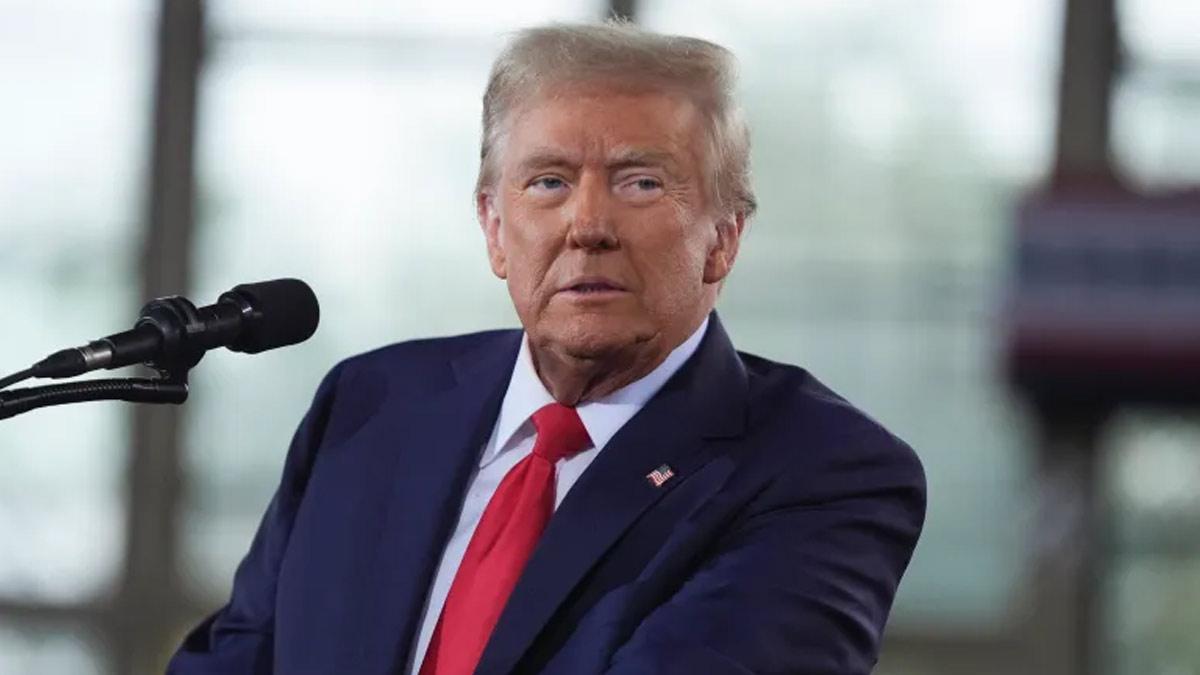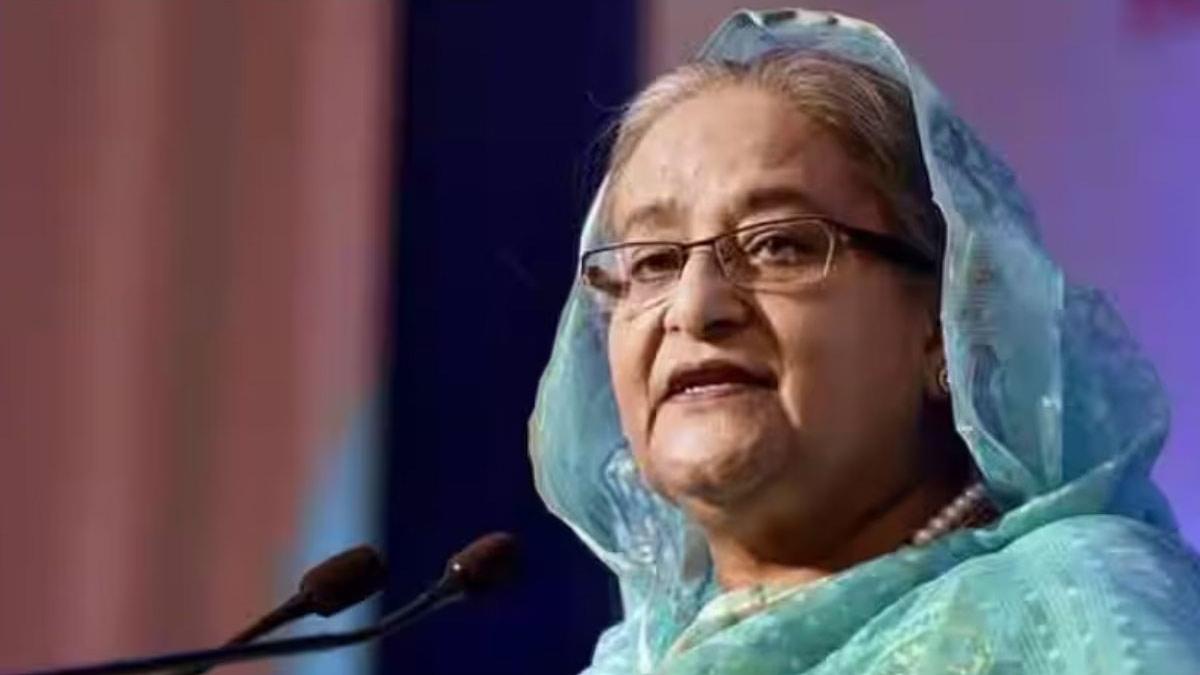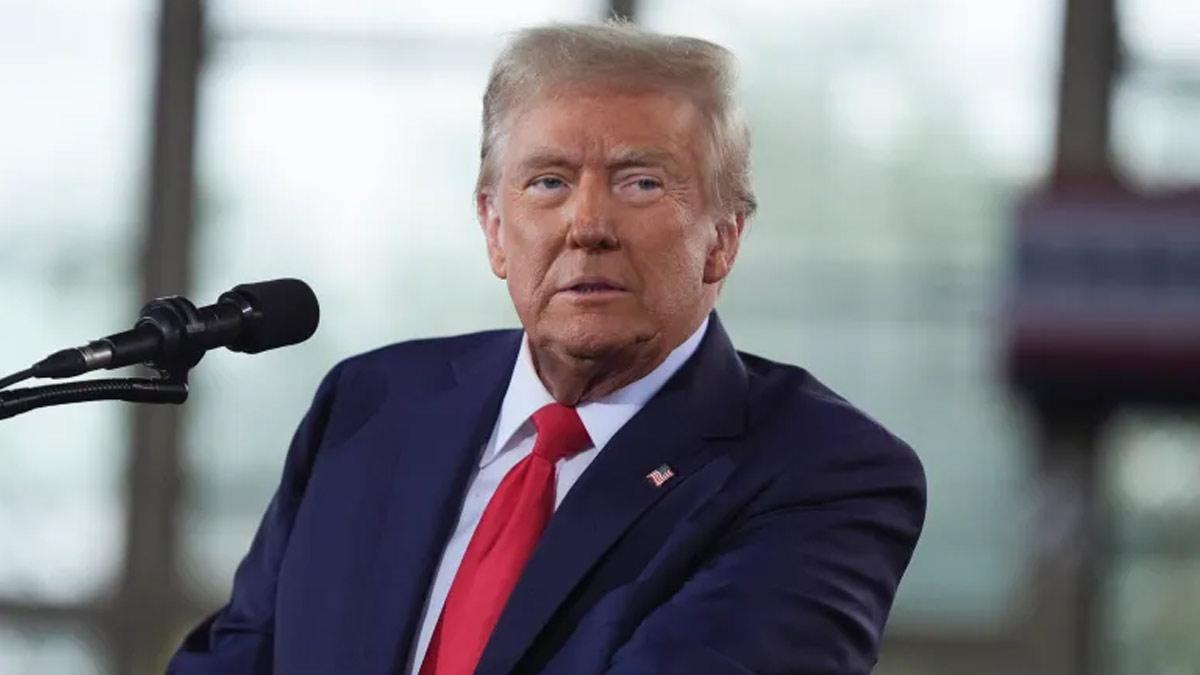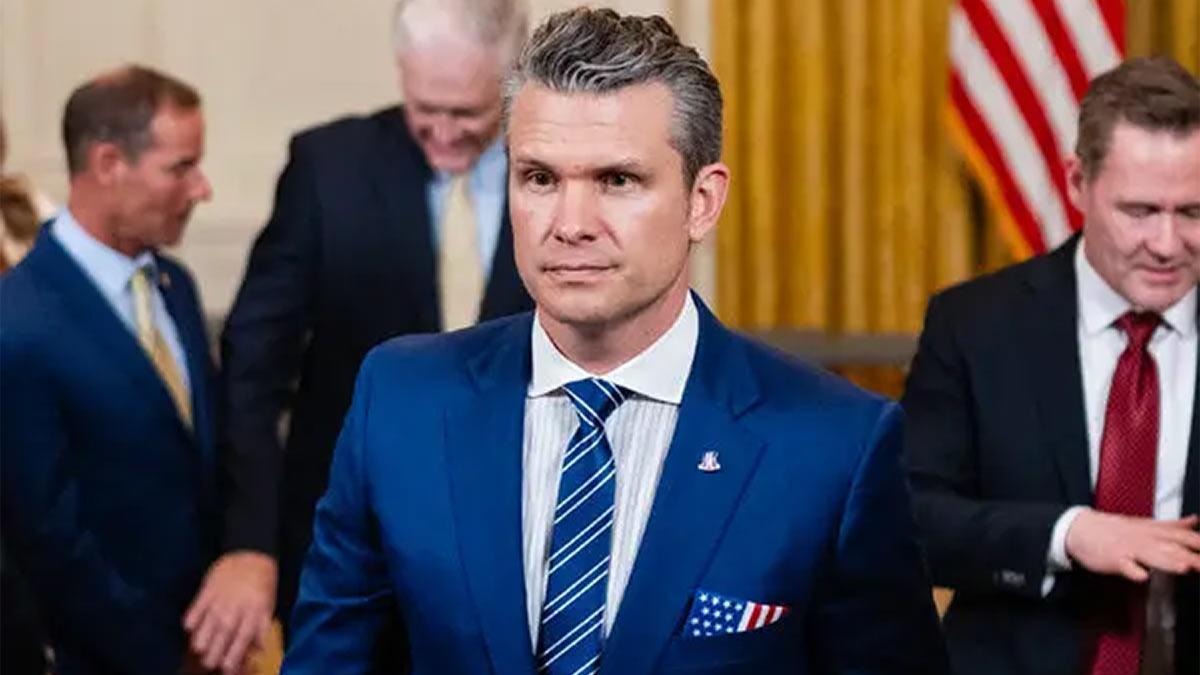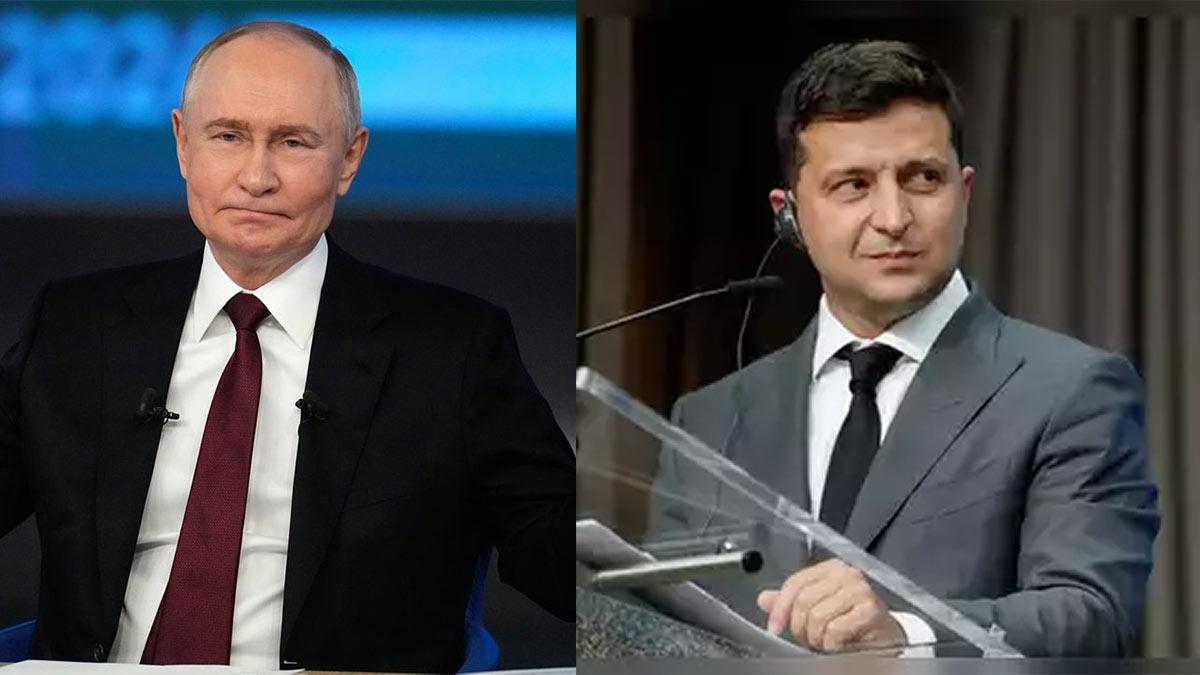As he was speaking in front of a joint session of Congress on Tuesday, US President Donald Trump revealed that his government will impose 'reciprocal tariffs' from April 2.
The move leaves India with a little less than a month to review and, if required, modify its duty on American products. Otherwise, the US will impose reciprocal tariffs on Indian exports to its country.
In turn, New Delhi has set up a committee under the Ministry of Commerce to assess the likely effect of these tariffs on India-US trade. The committee comprises members of the major sectors of agriculture, food processing, heavy industry, electronics, and IT.
Last month, after a bilateral meeting in Washington, Prime Minister Narendra Modi and President Trump decided to work towards the completion of the first phase of a multi-sector trade agreement by October.
During their talks, Modi and Trump also announced 'Mission 500,' a plan to double bilateral trade to $500 billion by 2030. In his address to Congress, however, Trump was critical of India's tariff policy, saying, "India charges us tariffs, 100 per cent. The system is not fair to the US, it never was."
Reaffirming his ‘America First’ stance, Trump further declared, “Other countries have used tariffs against us for decades, and now it’s our turn to start using them against those other countries.”
Under the policy of reciprocal tariffs, the US wants to charge equivalent tariffs on countries imposing high tariffs on US products. Describing the policy in detail, Trump claimed, "Whatever they tariff us, we will tariff them. Whatever they tax us, we will tax them. If they use non-monetary barriers to keep us out of their market, we will do the same."
These new tariffs, which will impact imports from significant trade partners like Canada, Mexico, China, the European Union, and India, are part of Trump's larger initiative to overhaul US trade policies. He claimed that other countries have been taking advantage of lower US tariff rates for a long time while charging higher duties on US goods, thus making the trade unfair.
Trump's call for equal tariffs is part of his overall perception that trade rules worldwide place the US at a disadvantage. Although his first term administration also contemplated similar steps, they were not applied to the extent required. The tariffs will be imposed selectively based on not just the rate of tariffs but other types of trade restrictions like subsidies and regulatory barriers as well.
Read also| China Signals Possible Defense Budget Increase, Stresses Peace Through Strength
Read also| India Rebukes UN Human Rights Chief's Remarks as 'Unfounded' and 'Cherry-Picked'

